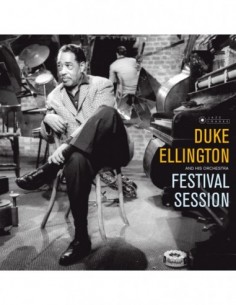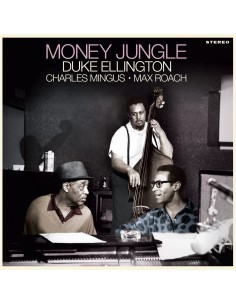 Cookie preferences
Cookie preferences
- Info
- Required cookies
- Functional cookies
- Performance cookies
- Guided cookies
- How to delete cookies
We use our own and third-party Cookies to collect information to improve our services and to analyze your browsing habits. If you continue browsing, it implies acceptance of their installation. You can configure your browser to prevent its installation.
Required cookies
Always active
These cookies are strictly necessary for the operation of the site, you can disable them by changing the settings of your browser but you will not be able to use the site normally.
Cookies used
Functional cookies
These cookies provide necessary information to applications of the website itself or integrated by third parties, if you disable them you may find some problems in the operation of the page.
Cookies used
Performance cookies
These cookies are used to analyze the traffic and behavior of customers on the site, help us understand and understand how you interact with the site in order to improve performance.
Cookies used
Guided cookies
These cookies can be from the site itself or from third parties, they help us to create a profile of your interests and to offer you advertising aimed at your preferences and interests.
Cookies used
The user is informed that he has the possibility of configuring his browser so that he is informed of the reception of cookies, being able, if he so wishes, to prevent them from being installed on his hard drive.
Below we provide you with the links of various browsers, through which you can make said configuration:
Firefox from here: http://support.mozilla.org/es/kb/habilitar-y-deshabilitar-cookies-que-los-sitios-web
Chrome from here: https://support.google.com/chrome/answer/95647?hl=es
Explorer from here: https://support.microsoft.com/es-es/help/17442/windows-internet-explorer-delete-manage-cookies
Safari from here: http://support.apple.com/kb/ph5042
Opera from here: http://help.opera.com/Windows/11.50/es-ES/cookies.html































